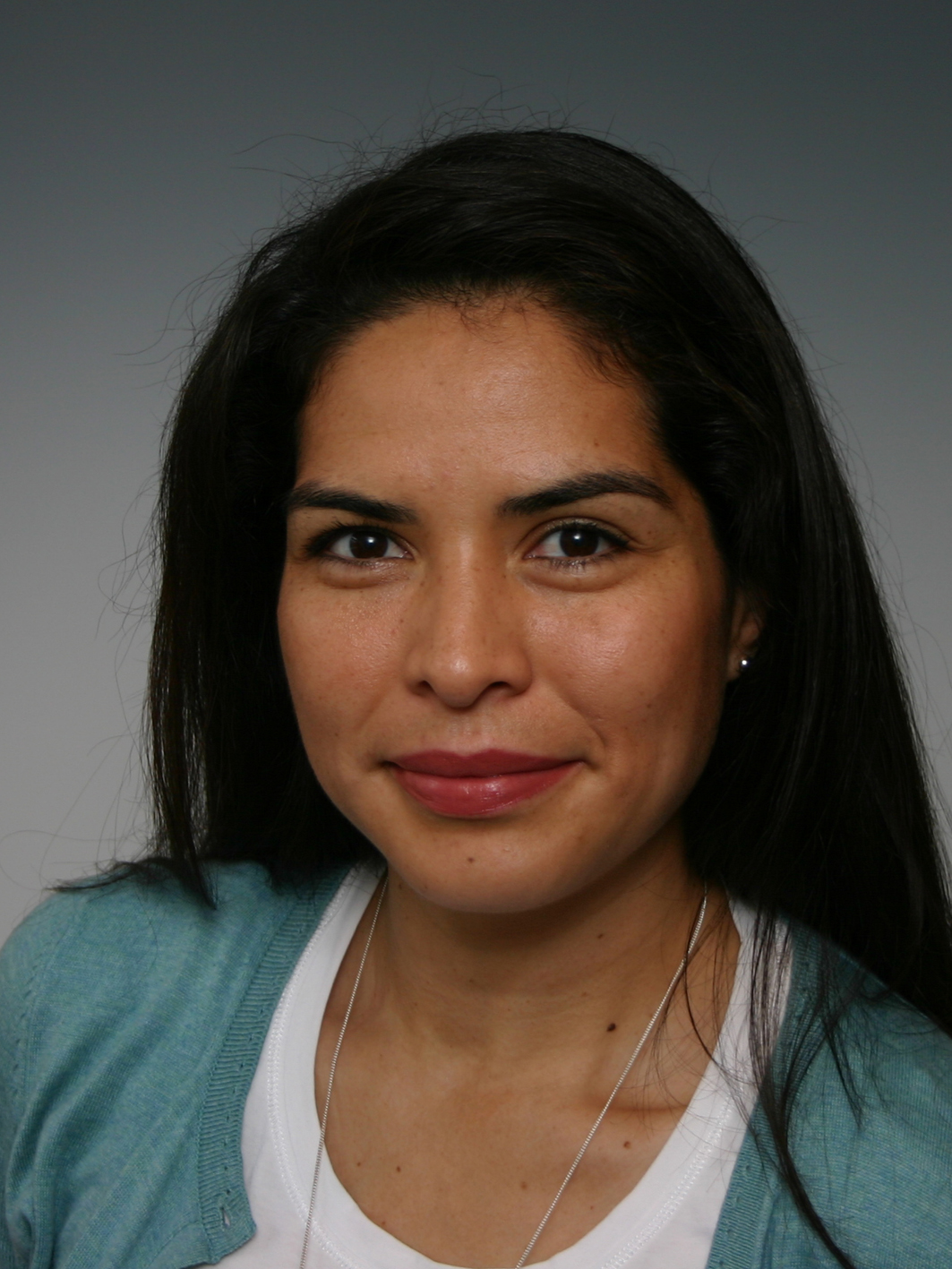Junior researchers organise themselves in a new association
The newly established AU Junior Researcher Association at Aarhus University will work to improve working conditions for junior researchers. One of the areas the association will address is the fact that there are too many postdocs and assistant professors in relation to the number of permanent positions advertised at the universities.

With the AU Junior Researcher Association (AU JRA), the junior researchers at Aarhus University now have a body that can act as a voice for the large group of researchers above PhD level who have not yet secured permanent employment at the university. This group which includes postdocs and assistant professors.
One of the association's objectives is to network and and discuss initiatives in order to help improve the working conditions of junior researchers. Among other issues, the association is interested in contributing to address the ‘postdoc challenge', which in brief refers to the fact that while the number of junior researchers has increased over the past decade, the number of permanent positions has actually decreased. This means that the working life of junior researchers is often characterised by uncertainty as a result of their employment on temporary contracts.
Alejandra Zaragoza Scherman is the newly-elected chair of the AU Junior Researcher Association (AU JRA). She is employed as a senior researcher at CON AMORE – The Centre on Autobiographical Memory Research at the Department of Psychology and Behavioural Sciences. Though her title as senior researcher might seem confusing in this context, she is one of many junior researchers with temporary employment at AU.
She says that one of the association's first tasks will be to collect more information about this particular group of researchers and the their working conditions.
"We will send out a questionnaire to find out who the junior researchers are, their needs for professional development, duration of employment and how they are funded," says Zaragoza Scherman.
Furthermore, the association would like to begin a dialogue with the university's management about how conditions for junior researchers can be improved.
The AU Junior Researcher Association
The association was founded at the founding general meeting on 9 November, at which thirty researchers participated.
The board
Alejandra Zaragoza Scherman (chair), Hüsnü Aslan (vice-chair), Shivani Joshi (secretary) and Jörg Schullehner (treasurer). Other junior researchers contribute to the association in different ways, for example by helping with the coming questionnaire.
Upcoming meeting
The association’s next meeting will be held on 12 December in the International Center Conference Room (building 1653, room 014) from 13:00 to 15:00. Everyone with an interest in getting involved in the association as volunteer is welcome.
- Read more about the association on the new portal 'Junior Researcher at Aarhus University'
The postdoc challenge
The number of permanent positions at universities in Denmark does not match the number of junior researchers with a PhD degree who apply for these positions. In Denmark, the number of PhD students almost doubled in the period 2006-2010, which similarly led to the number of university staff at postdoc or assistant professor level also almost doubling in between 2006-2010. But the number of permanent positions at associate professor and professor level has not matched this increase. This means that there are not jobs for all the postdocs and assistant professors at the Danish universities, which is also part of a global trend.
Source: The Danish National Research Foundation
What needs to be done?
The association is supported by Aarhus University and is one of a number of initiatives intended to improve the junior researchers’ opportunities. In addition to the Junior Researcher Association, AU has also established a web portal for junior researchers, an interdisciplinary network and a career development programme – the Junior Researcher Development Programme.
"The new Junior Researcher Development Programme that AU launched earlier this year focuses on career and competence development for junior researchers. The programme is a good supplement to the association's discussion on what needs to be done to improve conditions for junior researchers at AU. It is a question of creating more knowledge about what is required to land a permanent position, and what we can expect of the labour market in the future. At the same time, it provides the opportunity to develop your own work-related competences via courses on publishing strategy, fundraising and how you can cultivate international research collaborations and networks," explains Zaragoza Scherman.
In English, please!
In connection with this, she points out that it is important to remember that many of the junior researchers come from abroad.
"In theory, the challenge is the same for Danish and international junior researchers. However, many foreign researchers have difficulty finding very basic information in English," says Zaragoza Scherman, who comes from Mexico and gained her Master's degree in Canada before getting a PhD fellowship at AU in 2011.
What are the alternatives?
The AU Junior Researcher Association will also work towards giving junior researchers greater knowledge about job opportunities outside the university walls, and how they can continue their research career within industry or at other different public institutions.
Across Denmark
At the University of Copenhagen, a similar association was started this year for temporary members of academic staff. Scherman has contact with the association, although no formal cooperation exists between them yet.
"But ideally we would have a national organisation for junior researchers in the same way as the PhD students have with the national association PAND (The PHD Association Network of Denmark, ed.),” she says before emphasising how important it is for the group of junior researchers to organise themselves and create a shared voice nationally.
Translated by Peter Lambourne

